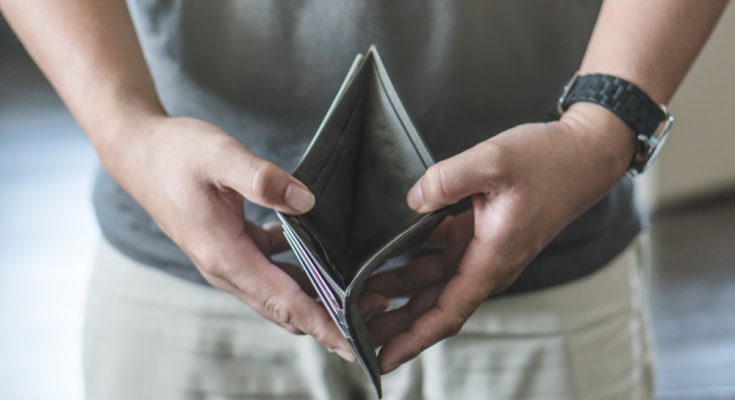What are you going to do if your debt problems become so severe that they just seem insurmountable? Do you make an effort to try to pay them off? While this might seem like a good option, once you’re so far in debt what’s going to hurt you is the constant fees and interest you’ll have to pay on debt. It wouldn’t be long before the bulk of the money you were paying went to fees and interest payment.
So what’s the one effective solution to debt problems that consumers have, but for some reason are afraid to utilize? The answer is Bankruptcy, it carries a stigma for some people and they are afraid to even say the word. It can be your most powerful weapon though in getting your financial life back together.
Let’s look at the first few things bankruptcy can do for you:
- It can put an end to all of those annoying collection actions you get
- It can stop collections calls, wage garnishments and in some cases lawsuits
- It can get rid of different forms of debt such as credit card, medical bills and even personal loan debt
- It can stop a secured creditor from taking back a property you can no longer afford
Understand that while bankruptcy is effective at helping to get rid of most of your obligations to creditors, this doesn’t mean it eradicates them all. One example would be student loans (in case you’re able to demonstrate some form of hardship). It also doesn’t get rid of arrearages for child support, alimony payment and the majority of tax debts.
How exactly does bankruptcy work all in all?
 Well there are two main types of bankruptcy a person can file. The first would be Chapter 7 and the second one would be Chapter 13. Both of these are different and have different perks. Depending on the situation certain debts such as property debt are dealt with differently depending on which option you choose. The type you go with will come down to your level of income, property status as well as what your long term goals are.
Well there are two main types of bankruptcy a person can file. The first would be Chapter 7 and the second one would be Chapter 13. Both of these are different and have different perks. Depending on the situation certain debts such as property debt are dealt with differently depending on which option you choose. The type you go with will come down to your level of income, property status as well as what your long term goals are.
Now let’s get into the solutions each of these forms of bankruptcy provides. Chapter 7 is aimed at people with low income. It’s not going to do much to help you hold onto property if you’ve fallen behind on payment though. If you possess a decent and consistent source of income though, then Chapter 13 bankruptcy may be the better option due to the better benefits.
With Chapter 13 you’re able to put a stop on mortgage foreclosures. You’ll be able to hold on to property that is without the protecting of a bankruptcy exemption. And you’ll also be able to reduce secure debts when the balance exceeds more than the total value of the property they are secured under.
So what is the main benefit to utilizing this option at all?
 In today’s society it’s easy to become weighed down by debts. People are so worried about their credit scores that the idea of using bankruptcy scares them. How good is a decent credit score going to do you if it’s going to be constantly impacted by loads of debt you can’t pay? It would only be a matter of time before it went down dramatically.
In today’s society it’s easy to become weighed down by debts. People are so worried about their credit scores that the idea of using bankruptcy scares them. How good is a decent credit score going to do you if it’s going to be constantly impacted by loads of debt you can’t pay? It would only be a matter of time before it went down dramatically.
A bankruptcy doesn’t put a negative stigma on you for life. If anything it shows that you’re serious about rebuilding your financial track record. The goal is to provide you with debt relief so you can focus on being consistent moving forward. You get rid of the crushing weight of mortgage debts, credit card bills, medical bills and other forms of debt. You get the chance to work on your financial health instead of holding onto a situation that’s hurting not that it, but your overall sense of well being.

